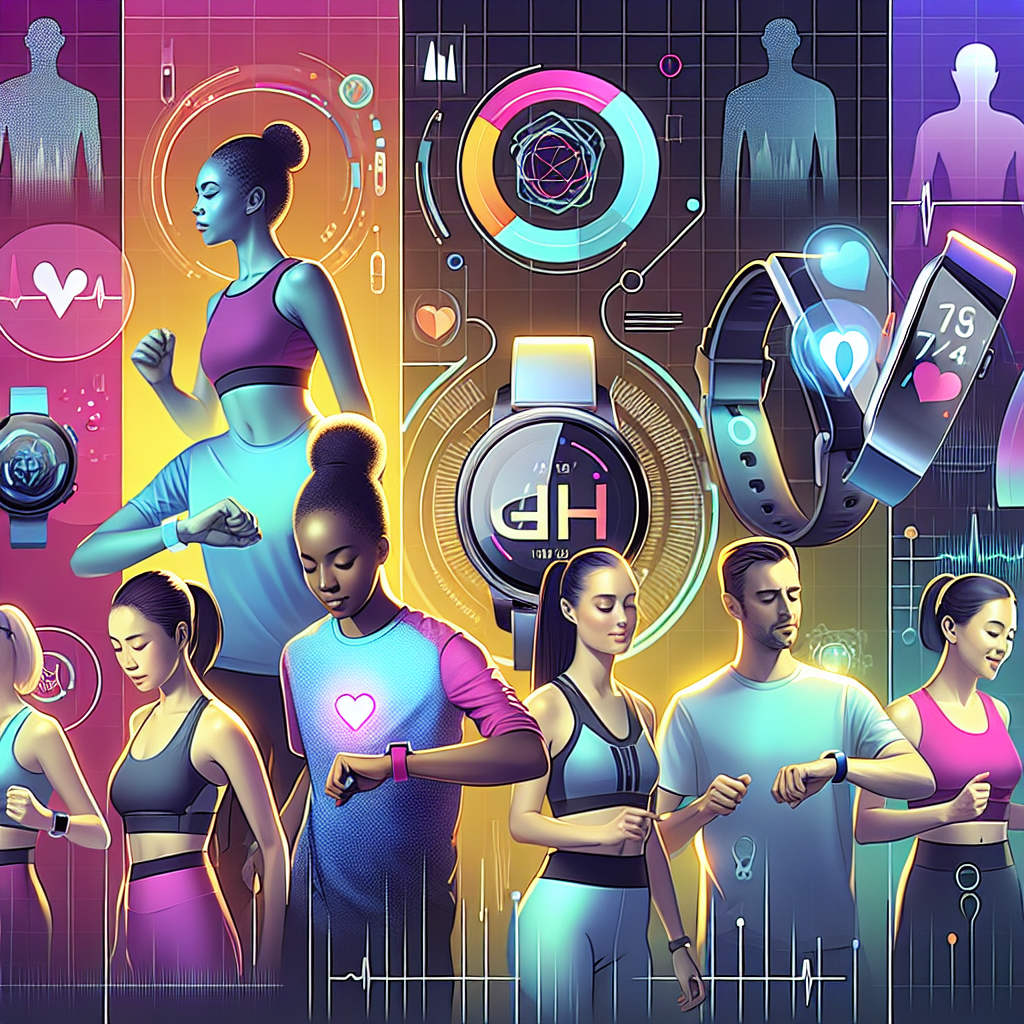In today’s world, where technology and our daily activities are deeply linked, the rise of AI wearables marks a significant advancement in health monitoring and personal well-being. Ranging from smartwatches to fitness trackers, these devices have evolved beyond mere gadgets; they are crucial tools that enable us to keep tabs on our health, inspire our fitness journeys, and boost our mental wellness.
Exploring AI Wearables
AI wearables are devices integrated with artificial intelligence features, empowering them to process, analyze, and understand data in real-time. This advanced technology redefines our interactions with health metrics. Unlike conventional wearables that merely log information, AI-integrated gadgets provide customized insights, proving to be indispensable companions for health-conscious individuals.
Essential Features of AI Wearables
-
Continuous Health Monitoring:
AI wearables constantly measure metrics like heart rate, sleep quality, and activity levels. This ongoing tracking delivers real-time updates, enabling users to make immediate changes to their routines or habits. -
Custom Insights:
Through the use of machine learning algorithms, these devices analyze historical data to offer personalized recommendations. Whether it’s suggesting workouts based on prior activity or identifying sleep patterns that might indicate health concerns, AI wearables guide users toward healthier choices. -
Predictive Analytics:
By examining extensive health data, AI wearables can foresee potential health threats. For example, if irregular heart rhythms are detected, the device can notify the user and recommend a consultation with a healthcare professional. - Integration with Health Systems:
Many AI wearables easily connect with smartphones and health applications, creating a comprehensive perspective on one’s health. This integration allows users to gather data from various sources, offering a thorough understanding of their well-being.
Advantages of Health Tracking
-
Preventive Health Management:
Frequent health monitoring encourages users to adopt a proactive stance toward their wellness. With constant metric access, users can detect trends, set objectives, and make informed decisions about their health. -
Encouragement and Accountability:
AI wearables often include social features that enable users to connect with friends or fitness groups. This interaction boosts motivation and accountability, encouraging individuals to adhere to their health goals. - Mental Health:
Beyond physical fitness, AI wearables are starting to incorporate functionalities that focus on mental wellness. Reminders for mindfulness, stress monitoring, and guided breathing exercises can aid users in managing anxiety and enhancing their overall mental state.
Beyond Health Monitoring: Applications
While health tracking is the primary function of AI wearables, their applications reach far beyond that. These devices are becoming essential in various fields, including:
-
Sports and Fitness:
Athletes utilize AI wearables not only to monitor performance indicators but also for rehabilitation from injuries. The collected data can help shape training plans and enhance performance. -
Employee Wellness:
Organizations are implementing AI wearables to boost employee health. By promoting regular movement and providing insights on stress levels, companies can enhance workplace morale and productivity. - Elderly Care:
For older adults, AI wearables offer reassurance for both users and their families. Features like fall detection and heart rate monitoring can alert caregivers in emergencies, enhancing safety.
The Prospective Future of AI Wearables
The outlook for AI wearables is bright, with continuous innovations on the horizon. As technology evolves, we can anticipate even more sophisticated devices encompassing features such as:
-
Advanced Health Diagnostics:
Development of wearables capable of monitoring blood sugar levels or detecting sleep apnea without invasive techniques. -
Improved AI Functionality:
Enhancements in machine learning algorithms that can adapt to user behaviors, refining recommendations over time. - Environmental Considerations:
The design of wearables is also evolving, with a growing emphasis on sustainable materials and aesthetics, marrying style with practicality.
Final Thoughts
AI wearables are transforming our approach to health and wellness. By fusing innovative technology with user-friendly designs, these devices offer invaluable insights fostering proactive health management, enhancing fitness endeavors, and contributing to mental well-being. As advancements in technology continue, the potential uses of AI wearables will keep expanding, paving the path toward a healthier and more informed future. Whether you’re a fitness aficionado or just aiming to enhance your health, embracing AI wearables could be the key to unlocking your personal wellness potential.

